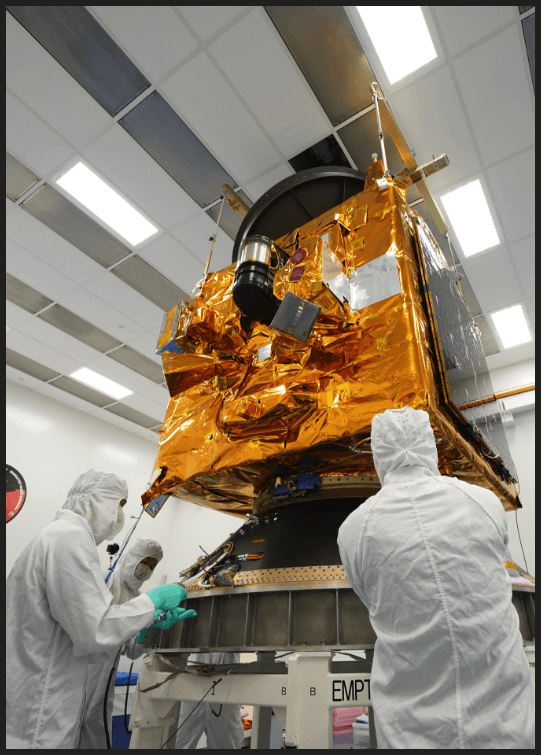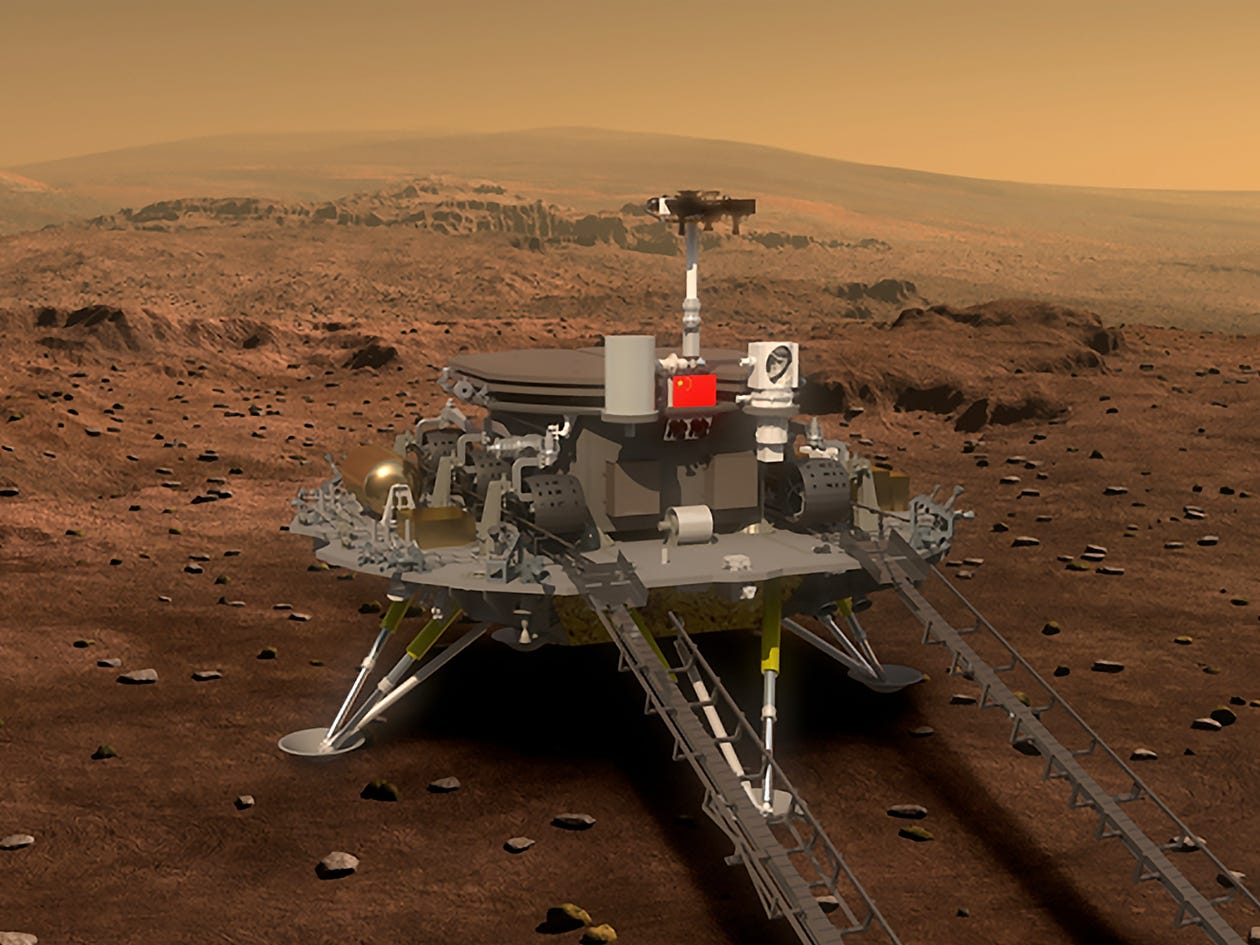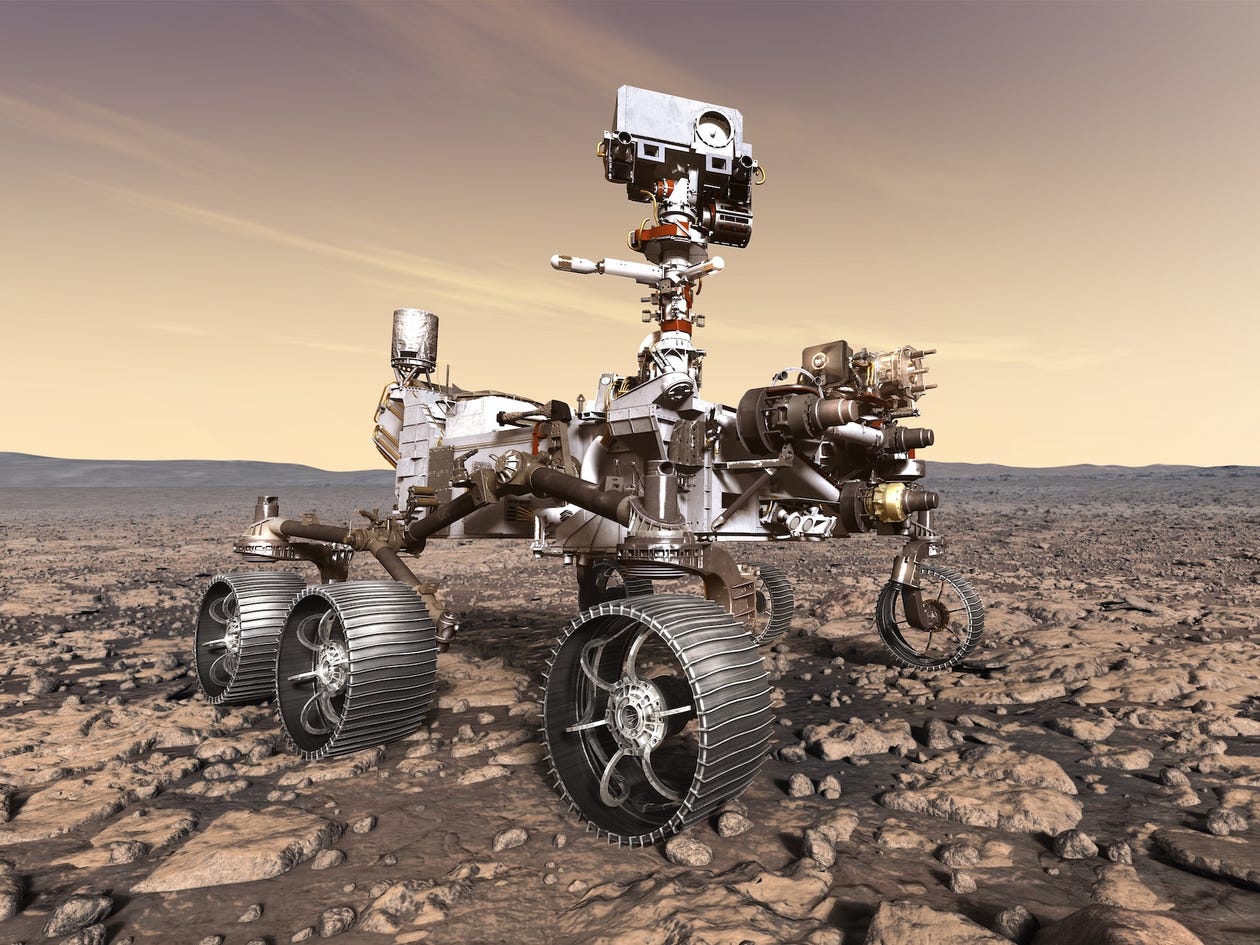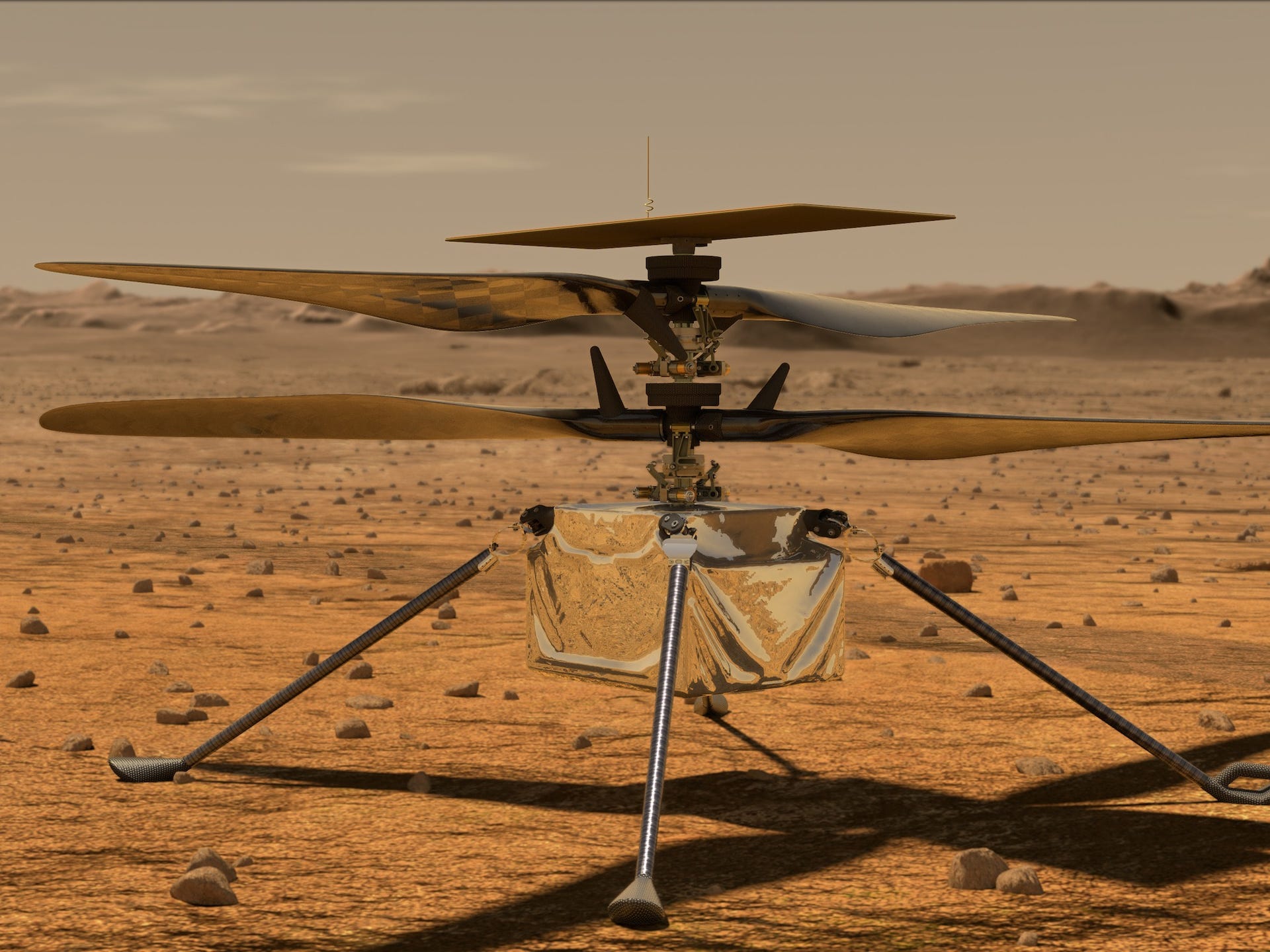The U.S., China and the United Arab Emirates are sending spacecrafts to Mars at the end of this month. This is especially notable considering that this will be the UAE’s first interplanetary mission to the red planet.
The UAE’s Hope Probe

Source: Emirates Mars Mission
For the last six years, the UAE has worked to build the spacecraft now known as ‘Hope‘ that can orbit Mars to study the Martian atmosphere, but it won’t land on the surface. The orbiter will instead be monitoring how it interacts with solar wind and tracking the loss of hydrogen and oxygen. It is to launch the SUV-sized Hope spacecraft from Japan on 17th July 2020. You can keep track of the countdown here.
Hope plans to take an elliptical path around Mars, and will then bring the spacecraft in close to the surface every 55 hours. This will allow the craft to observe roughly the same parts of the planet at different times of the Martian day.
The UAE team is optimistic that Hope will be able to make some significant new discoveries while at Mars. They hope they’ll be able to announce scientific results in time for the country’s 50th anniversary in December.
NASA’s Perseverance Rover
Launching on the 30th July, engineers began assembling the Perseverance rover two years ago at NASA’s Jet Propulsion Laboratory in Pasadena, California. Previously called the Mars 2020 rover, NASA chose the name Perseverance as the winner of a naming competition—after a 7th grader suggested the name.
Once it’s launched, Perseverance will land on the 18th February, 2021 in Mars’ Jezero crater—where it could possibly show signs of past microbial life. Previously, NASA had to push back the launch date a few times due to technical issues.
Hopefully with no more setbacks, NASA plans to drill into the Martian surface with the rover to collect samples of rock and soil, then stash them at a collection point for a future mission to bring back to Earth. It is also programmed to drop a small helicopter—named Ingenuity—from its belly, to conduct the first-ever powered flight on another planet.
China’s Tianwen-1 mission

Source: China.org.cn
After successfully sending a rover to the moon, China’s National Space Administration’s new mission, named Tianwen-1, will be the first to drop a landing platform, deploy a rover, and send a spacecraft into the planet’s orbit all at once. However, China hasn’t specified a launch date yet though it’s planning for late July.
The rover will have its own radar system which can detect underground pockets of water. It will also return a sample from Mars to China in the 2030s.
You can find more info on China’s Tianwen-1 here, NASA’s Perseverance Rover here, and the UAE’s Hope probe here.










